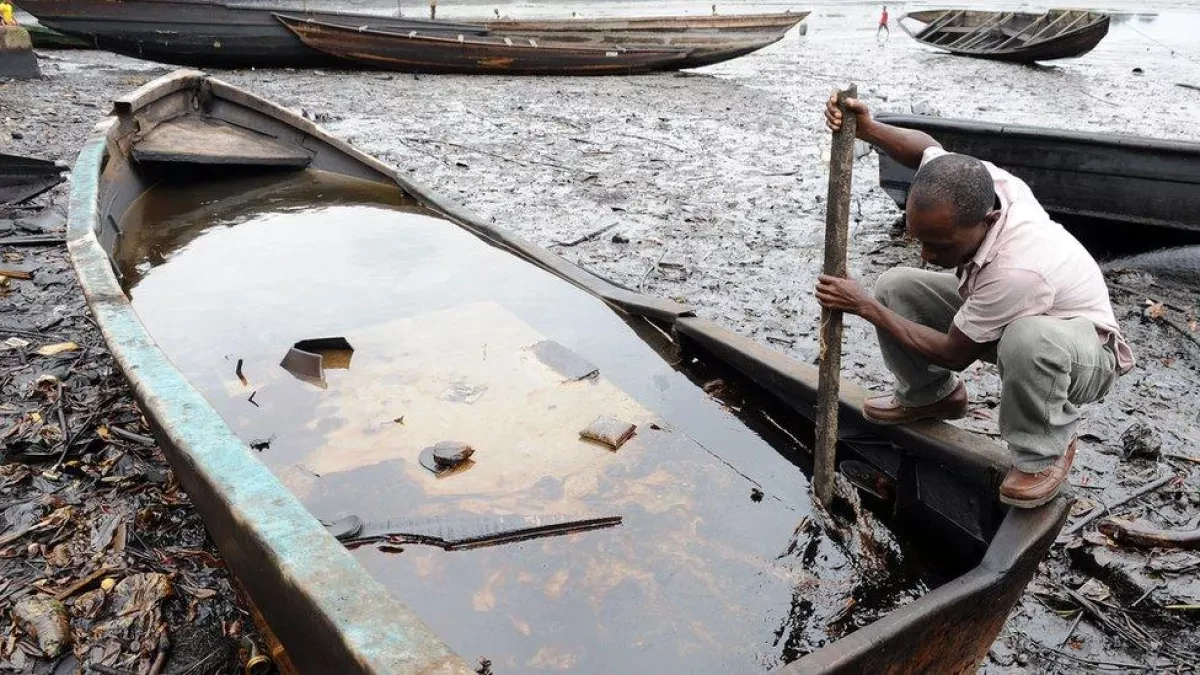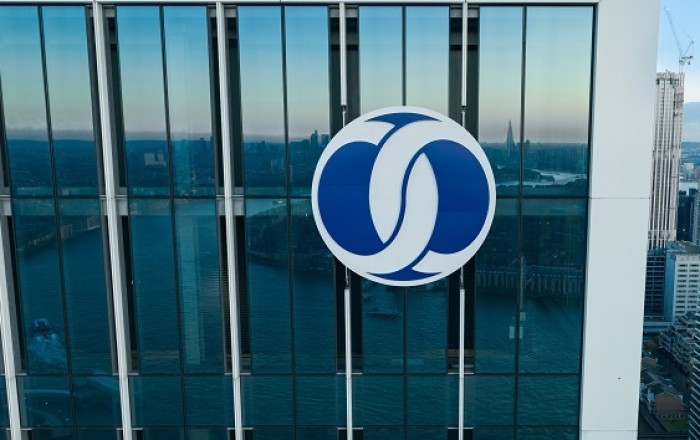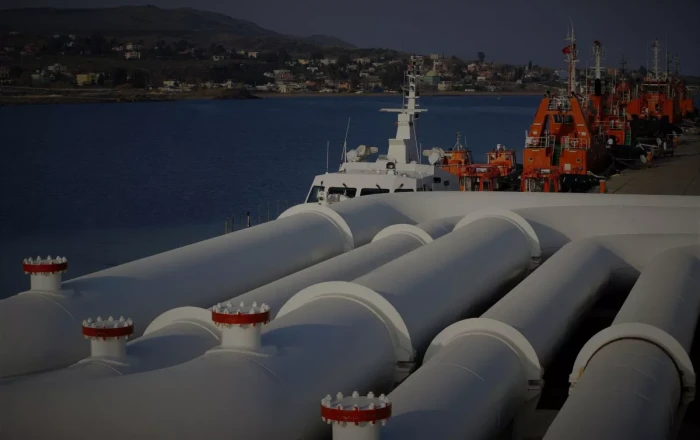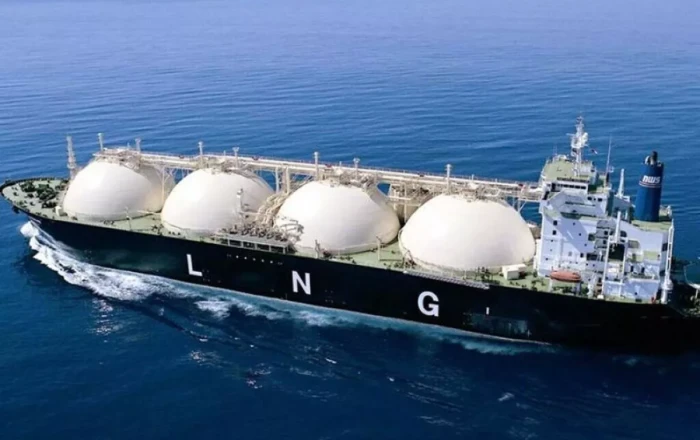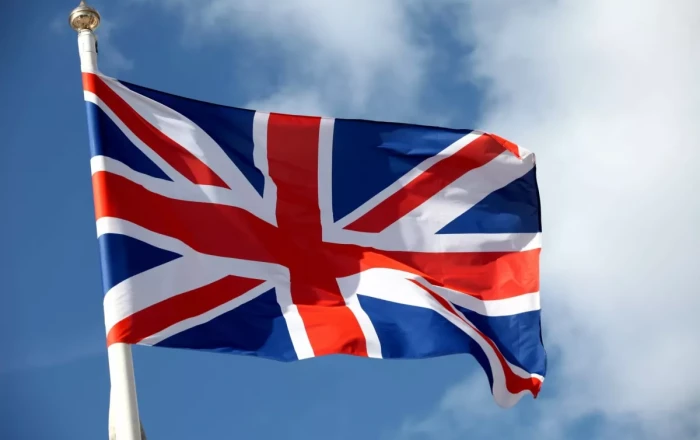In December 2011, a major oil spill occurred off the coast of Nigeria when a pipeline system on the Bonga—a massive offshore oil production ship owned by Shell—failed during a routine oil transfer operation.
The incident released an estimated 40,000 barrels of oil into the Atlantic Ocean, creating a slick that covered 685 square miles, making it one of Nigeria’s worst environmental disasters in a decade. A confidential review of Shell’s fleet, acquired by the Associated Press, now shows that the same critical systems involved in the Bonga spill—especially those related to oil transfer—were still categorized as "high risk" in 2022. The review highlighted a widespread lack of standardized safety protocols, poor equipment maintenance, and system deficiencies across several vessels in Shell’s offshore operations.
Nigerian authorities fined Shell’s subsidiary, SNEPCo, $3.6 billion for the damage, a penalty still under appeal. Despite the scale of the disaster, newly obtained internal documents and whistleblower testimony reveal that safety problems similar to those that caused the 2011 spill persisted as recently as 2022. The Bonga, still in service more than a decade after the spill, was singled out in the report again for having inadequate oil transfer systems and faulty firefighting equipment. Whistleblowers warned that these lingering issues could result in another disaster on the scale of the 2011 spill.
The Dutch-owned Shell has defended its record, claiming that safety has significantly improved in recent years. According to the company, serious incidents on the Bonga have declined from an average of one per year to none since 2018, while less severe incidents have decreased by 70% and spills by 90% since 2020. The number of critical safety equipment failures reportedly dropped from 369 in 2014 to just two in the past year. However, the internal review also revealed continued “recurring incidents” across Shell’s fleet, calling into question whether these improvements are comprehensive or sustainable. Other Shell-operated production vessels have faced serious problems as well. The Fluminense off the coast of Brazil showed signs of severe corrosion and degraded protective barriers. In 2016, an accident on a US-based vessel left two workers with severe burns.
The Prelude, a gas production ship off Australia, suffered a fire in 2021 and continues to face safety violations as recently as 2023. Australian regulators reported ongoing risks of chemical exposure and potential explosions, prompting mandated safety upgrades. Shell stated that a dedicated safety team manages the Prelude, though it provided little detail on the current status of improvements. Additionally, the Sea Eagle, another Shell ship operating in Nigerian waters, began taking on seawater in 2022 and required immediate repairs—an event experts describe as highly unusual and concerning for such vessels. These recurring issues paint a picture of a company struggling to maintain safety standards across a global fleet. Complicating matters further is a legal battle between Shell and Irina Woodhead, a former safety engineer who was involved in assessing risks on the Prelude.
Shell says she was dismissed for poor performance, while Woodhead claims she was fired for whistleblowing after raising concerns about safety systems failing to operate during the 2021 fire. Seven workers reportedly suffered from heat exhaustion in that incident. A preliminary court ruling has sided with Shell, but the case remains unresolved. Overall, Shell’s offshore safety practices remain under scrutiny amid concerns that systemic issues have not been fully addressed, raising fears of future accidents similar to the Bonga spill.
By Nazrin Sadigova
Source: caliber.az


